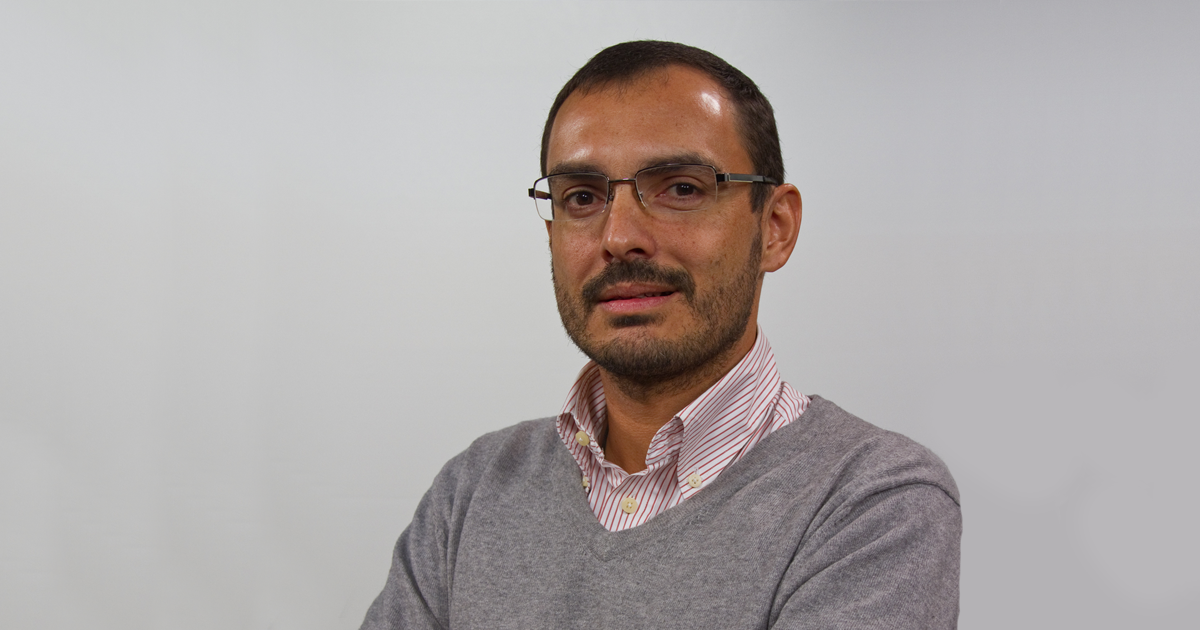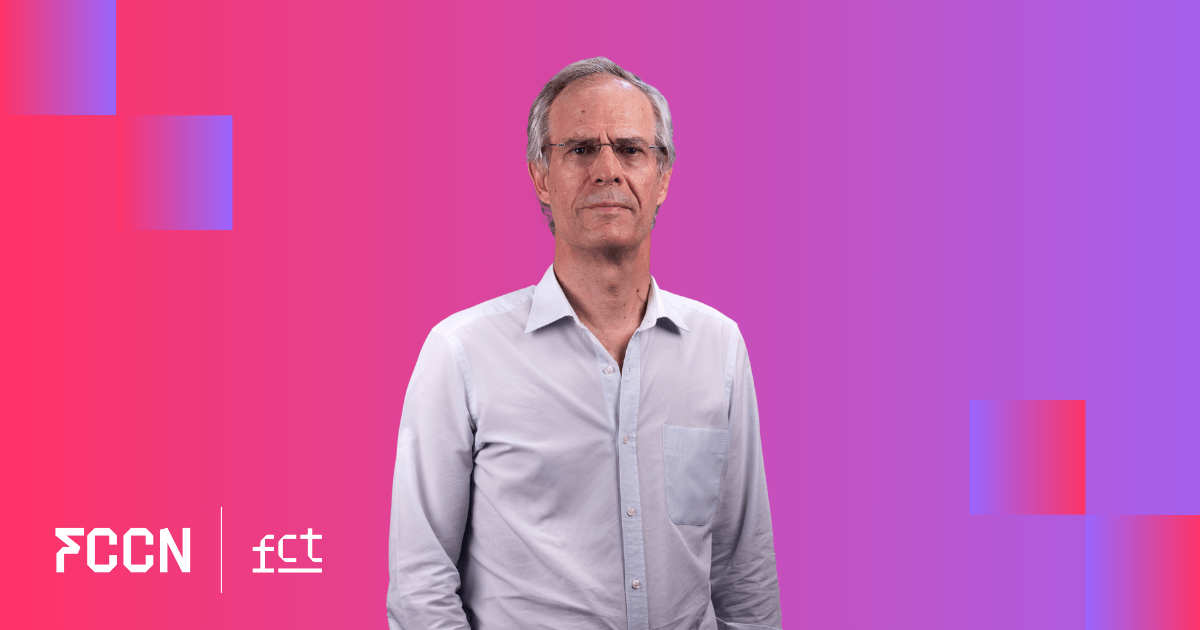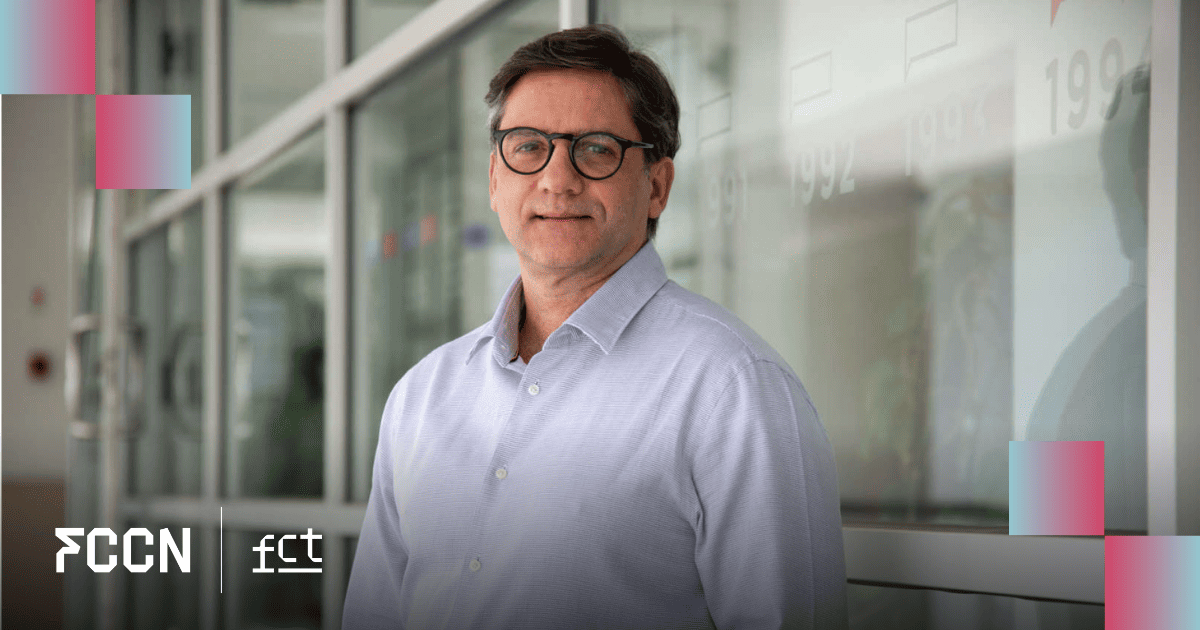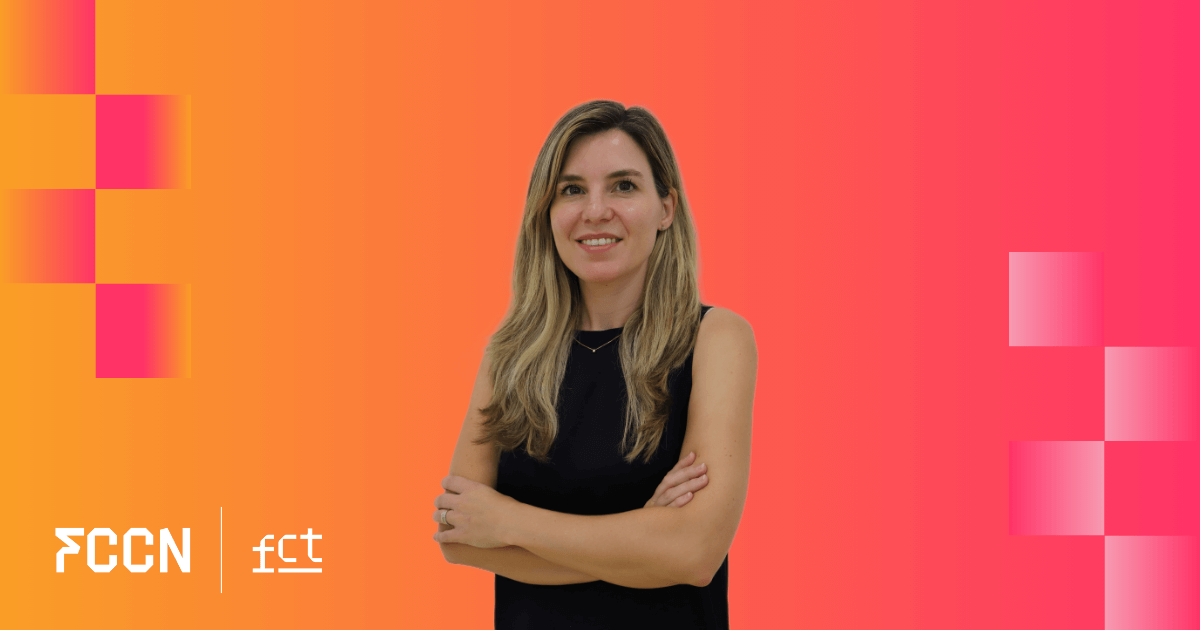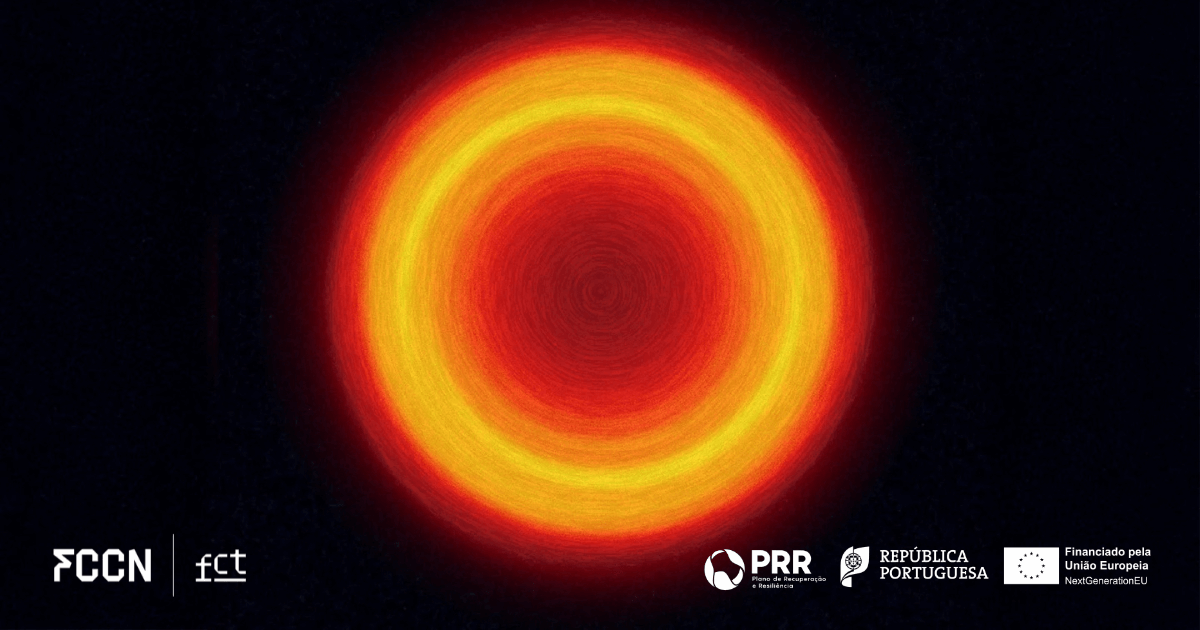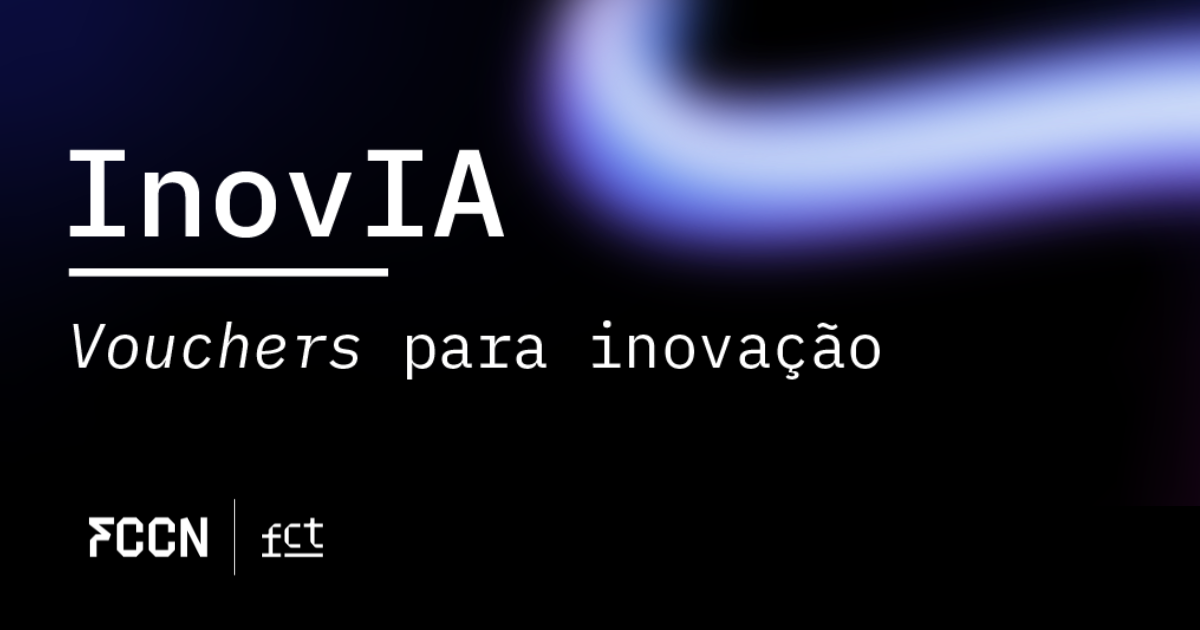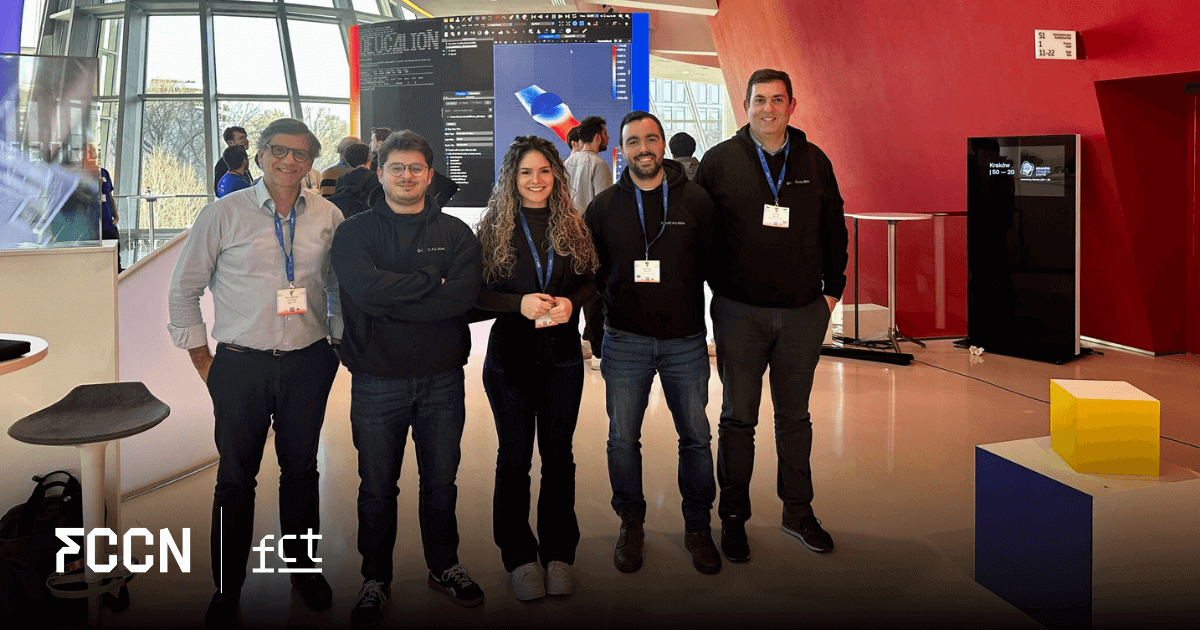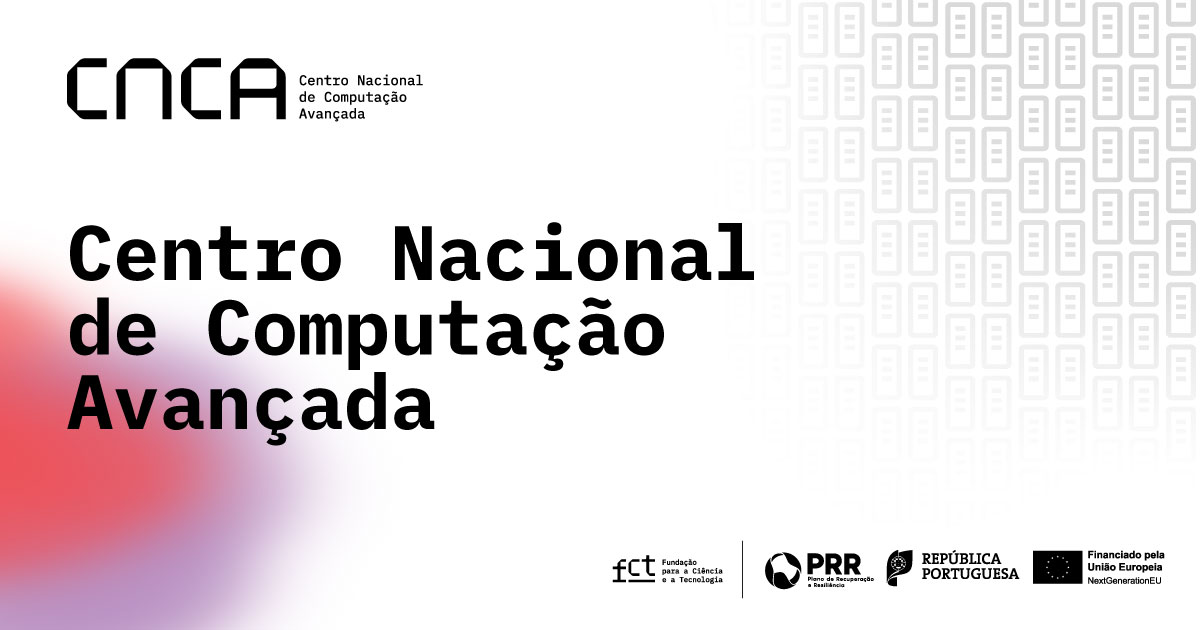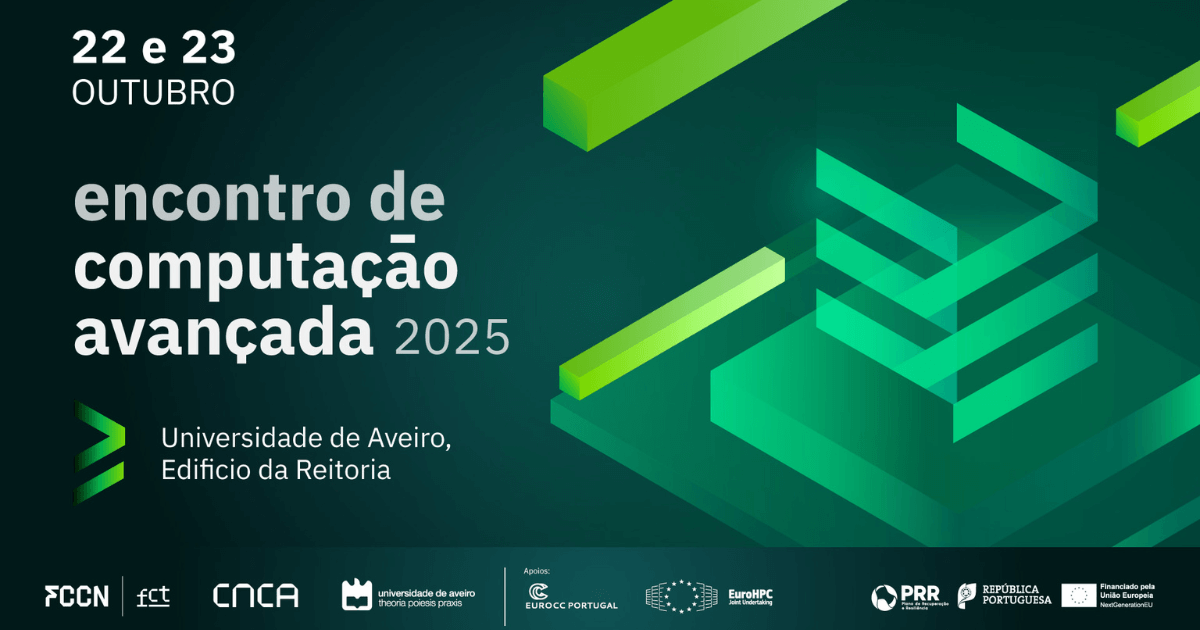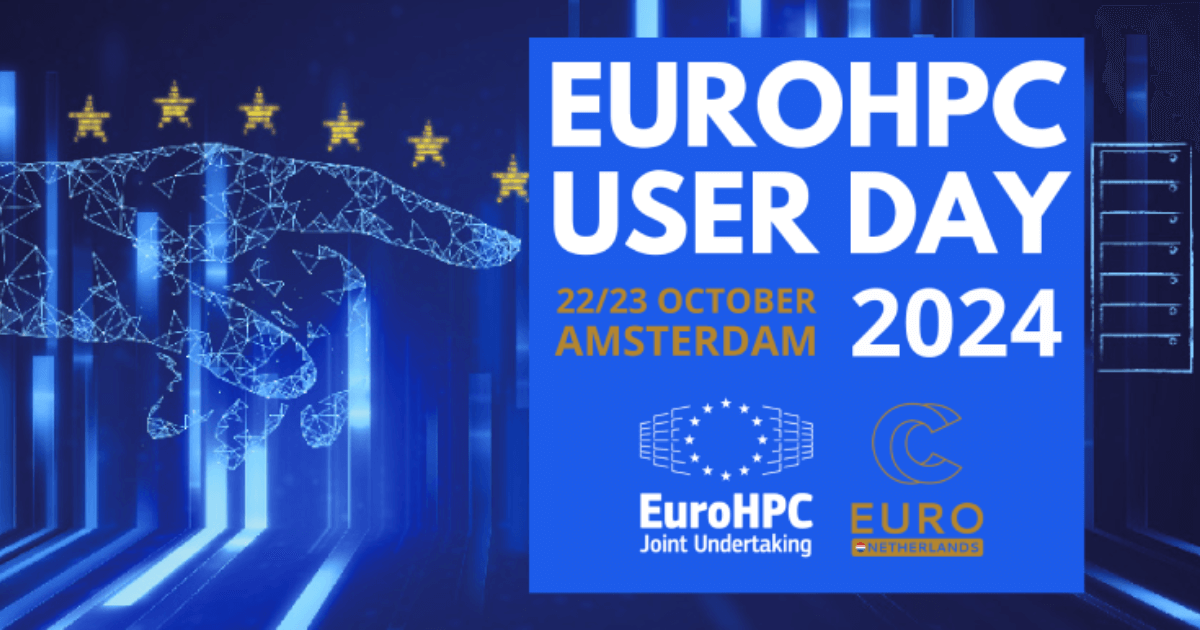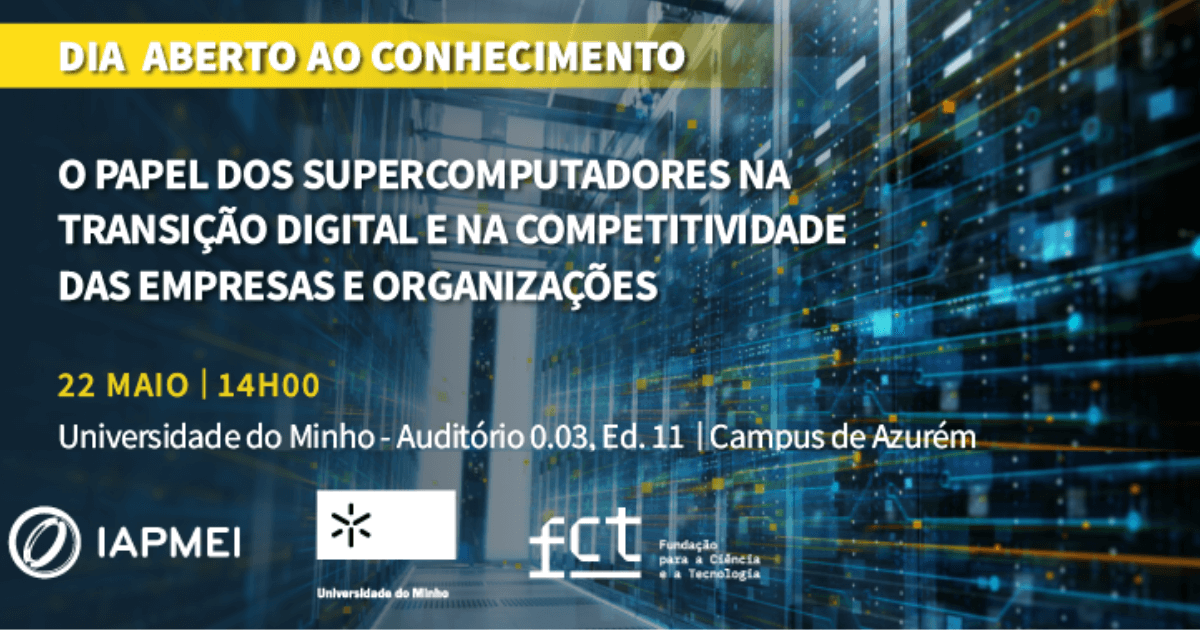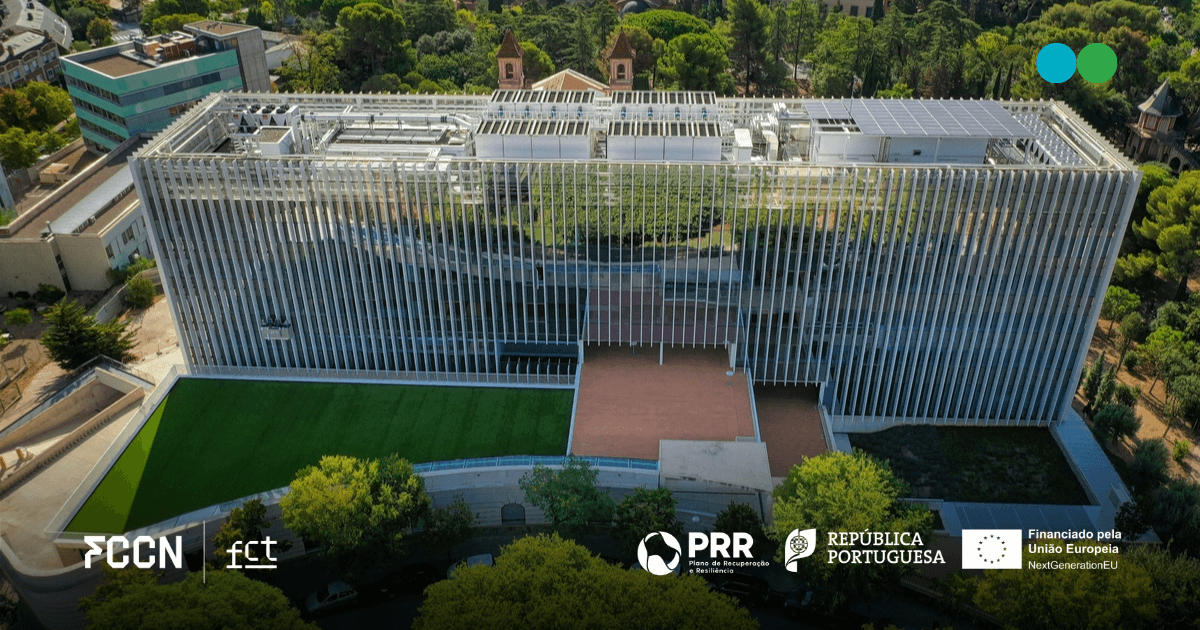Advanced education and research needs need tailor-made solutions.
Created in 2018 by the INCoDe.2030 digital skills initiative, RNCA is intended to make advanced (high performance) computing services available, to the research, technology, innovation and industry communities.
In an interview with the area director, João Pagaime, we tried to clarify all the doubts about the National Network for Advanced Computing and its future.
And if you still don't know about our national supercomputers, read the news article detailing each of them.
8 questions on RNCA
#1 The RNCA provides advanced computing services to the research, technology, innovation and industry communities. Can you give us some examples of concrete cases where this service can be useful?
Advanced computing, and specifically high performance computing, allows solving calculation problems impossible to solve with conventional computational means, examples being the simulation of natural phenomena, such as weather forecasting, climate change, impact of earthquakes, etc; the support to research in fundamental science: physics, chemistry and other disciplines; the contribution to scientific advances: medicine and other areas, such as the discovery of new drugs; the support to engineering projects, such as the placement of wind turbines, car design / CFD, and all projects involving the processing of large volumes of data.
#2 What kind of entities may be interested in these services? And how can they proceed to have access to RNCA's computational resources?
Typically organizations linked to research or product innovation processes are interested in these services. To access the RNCA computational resources there are open calls for access published on the FCT portal. Interested entities must submit an advanced computing project in one of these calls. In addition, some RNCA operational centres have their own computing capacity that can be made available through their own access processes.
#3 At a time when the National Advanced Computing Network is celebrating its third year of existence, what can you tell us about the evolution of this infrastructure managed by the FCCN Unit?
RNCA is managed by the FCT's FCCN unit, bringing together a set of resources from operational centers and competence centers, whose internal regulations and minimum requirements have been published in the Official Gazette, as well as the regulations for advanced computing projects: Regulations no. 1049/2020, no. 470/2021 and no. 772-A/2020.
The RNCA will soon have a supercomputer of the latest technology acquired by the European body EuroHPC, which will be installed in Portugal in the park of science and technology of Guimarães, in MACC - Minho Advanced Computing Center. Most of the capacity of this supercomputer will be made available to national research, technology, innovation and industry communities, with the remaining part being used by the European body EuroHPC.

#4 According to the RNCA usage report published in 2020, the total number of usage hours (core_CPU x hour) is over 43 million. How do you evaluate this number? Is there data on what types of projects and entities contributed to this number?
We consider the number of hours of computing carried out to be very positive, given that it was the first time a competition of this kind had been organized in Portugal.
The breakdown by typology of the 129 supported projects was as follows: 67 projects A2 (Project Access) and A1 (Preparatory Access), 62 projects A0 and A00 (experimentation vouchers).
Among the 133 applications received, we counted 31 entities involved in a universe that includes Higher Education, Companies, Associated and Collaborative Laboratories, including numerous research units.
Of the more than 80 million cores and hours requested, around 35 million were allocated in this tender alone, distributed across the platforms of the 4 operational centers.
With some projects still underway, and looking at some of the final reports already received, we can see that 6 articles have already been published, several submitted and more than 30 master's or doctoral theses in preparation. Both the high demand for these resources and the overall user satisfaction rated at 8.2 on a scale of 0 to 10 gave the team and our Board of Directors the motivation and strength to move forward with a 2nd edition of this competition, launched on July 19th. This 2nd edition will continue to receive applications for some types of access until April 2022. To find out more, visit the website and see the list of approved projects in detail.
#5 What are the main objectives of the RNCA in the near future?
Some very important objectives for the RNCA stem from the ADVANCED COMPUTING PORTUGAL 2030 strategy are available for consultation on the website.
In the near future the RNCA has as its main objectives:
- significant increase in calculation capacity and speed through the new Deucalion supercomputer acquired by the European body EuroHPC which will be installed in Portugal and operated by MACC, an operational centre of the RNCA.
- increasing digital skills in the use of advanced computing, namely by increasing the offer of specific training, based on funded projects such as EuroCC, ERASMUS+ and others.
- development of international partnerships, namely with the BSC (Barcelona) under the scope of the memorandum of understanding between Portugal and Spain on advanced computing matters.
- continuation of the effort towards administrative and budgetary consolidation of the RNCA.
#6 Looking at the current context, how relevant are supercomputing tools? And how do you foresee this scenario evolving in the future?
Supercomputing tools are essential to support world-class science production, both in scientific discovery processes and in science-based technological innovation processes.
The need for the use of advanced computing and in particular the processing of high volumes of data in a high performance computing environment is expected to increase significantly and the industry sector is expected to increasingly seek these resources.
Technologies such as IoT - Internet of Things, Artificial Intelligence and Deep Learning are currently available to the industry but require computing means beyond conventional means, so it is very important to develop these means, removing barriers to the economic development of the country.
#7 In this sense, what initiatives have been taken for the dissemination of the innovation potential of these resources?
Among the applications to project calls, we continue to receive more and more proposals that require specific tools of Artificial Intelligence and other disruptive technologies, sometimes allied to HPC or Scientific Cloud models.
Throughout this year we have seen a reinforcement in the capacity of GPUs in the various centres of the RNCA and, with the installation of Deucalion in MACC and Vision in the HPC-UÉ, a greater response will be given to the growing requests for use in these areas of Deep Learning, Natural Language Processing and others.
Alongside these new platforms, it was recently announced that Google will provide FCT with a set of cloud resources worth €1.7 million. To distribute these resources and in line with the National AI Strategy, we are already preparing to launch a Call for AI Projects, to be launched in 2021/22.
In addition to broadening the supply of resources, in the operational centres and competence centres to be visualised, it is important to increasingly attract the innovation community to the world of advanced computing. We count few, but increasingly, cases of companies and industry experimenting and using the resources - with for example Tooling4G.
We are already working with the INCoDe.2030 team, RNCA and EuroCC partners, among others, to develop initiatives and training opportunities to boost companies' access to and use of advanced computing resources.
#8 Is there anything you wish to add?
In addition to the RNCA, which corresponds to a national effort, the European community has a global offer through the PRACE and, more recently, the EuroHPCtenders.
If you are interested in finding out more, please contact us at rnca@fccn.pt and visit the FCCN website.
Recently the 1st RNCA 2021 Meeting took place between 28 and 30 September, online and in October we will have the national event that brings together the academic and scientific community, the Journeys, and where you will find the managers and service directors who can best clarify all your doubts.
